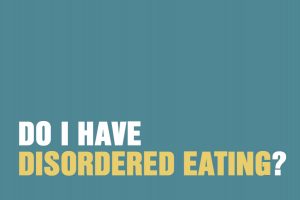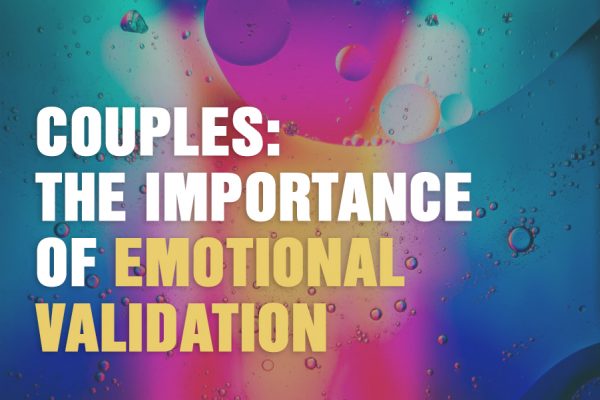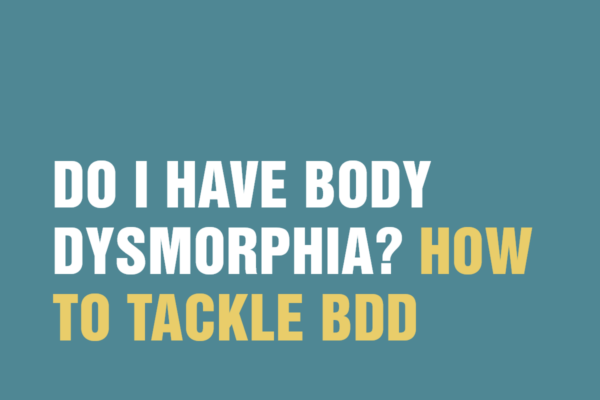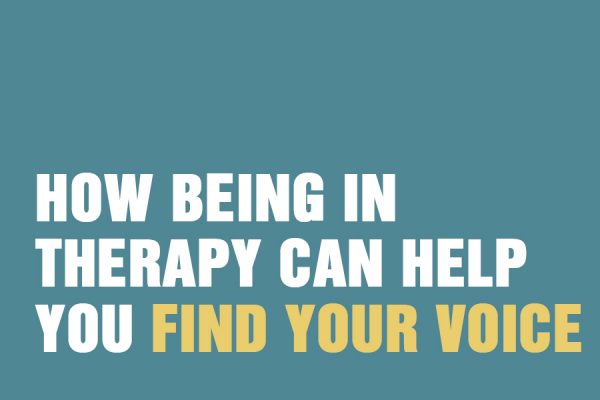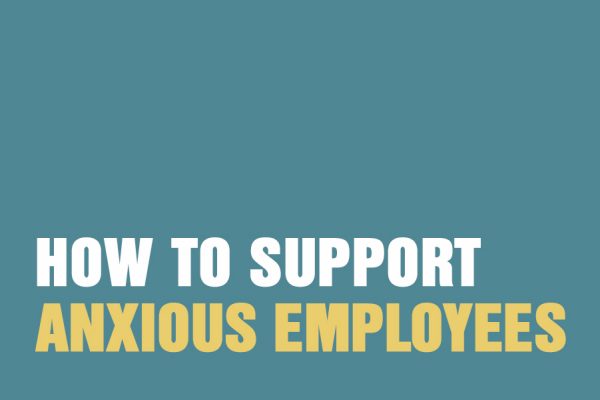When one door closes, another opens. But we often look so long and regretfully upon the closed door that we do not see the one which has opened for us. Alexander Graham Bell
As we reach the end of another year and another decade, it can be an opportunity to reflect on what we’ve achieved and what we want to change about ourselves. How do you feel as you look back on how you’ve behaved, how you’ve related to people, and how you’ve progressed with your life goals? Are you 100% happy with what you’ve done with your life? Or is there a slight percentage tinged with regret at what you have and haven’t done, said, or achieved?
They say that regret mostly comes from things we haven’t done, rather than from things we have done.
Regret is an emotion that can…
- Leave you stuck in the past. Regret is closely related to loss. If you’re regretting things, then you’re robbing yourself of your present and your future by allowing your past to define you. Losses can take a while to come to terms with. Regret can beat you up along the way.
- Keep you ruminating on what could have been. The ‘shoulda woulda coulda’ mindset can tie your mind up in knots as you continually replay what you should have done and didn’t. The ruminating can play tricks with your brain and leave your thoughts spiralling.
- Waste your energy. You can’t change your past. Yet, if you’re in an active regretful phase, it can absorb your energy but doesn’t achieve anything constructive.
- Zap you of optimism. If you’re looking back to the past, then it can be hard to connect with your sense of purpose. What you’ve failed to do can cloud what you have yet to achieve – if you let it.
- Affect your current relationships. No one likes to be around someone else who beats themselves up about stuff they have or haven’t done in the past. Wallowing in it can deplete you and your partner.
If you’d like to live a life with less regret, then we offer the following suggestions:
Begin to process your past
‘Letting go’ and ‘moving on’ may be what you expect of yourself. This doesn’t happen overnight. And nor should it. Losses can take a while to process and deal with. Loss can involve a reframing of expectation from ‘getting over it’ to ‘managing it’. Realising that what you’ve done or lost can’t be ‘fixed’ or ‘resolved’ can be the first step on the process to working through it.
Express your thoughts and feelings
Having all that stuff ruminating and rumbling in your head can keep you stuck in a cycle of regret and ‘should have done’. Speak to a close friend, confidante or therapist to help you express what’s going on for you, to help you eventually emerge from that cycle.
Refocus your energy and purpose
The antidote to stuckness is to have forward momentum. Having a purpose gives us drive, energy, a reason for living. Purpose helps us spring out of bed in the morning and helps create a to-do list with zest. What is your purpose? Reflect on what brings you joy and what depletes you to help find your answer.
Cultivate compassion
Regret can run side-by-side with a tendency to criticise yourself. Tune into how you talk to yourself. Are you creating to-do lists that are setting yourself up to fail? High standards that you can only trip up on? Or are you identifying small steps to achieve your goals, with rewards along the way? How you speak to yourself, and how you forgive yourself for being human, can go such a long way in reducing regret in your life/
Be yourself with people close to you
Say what you need to say. Do what you need to do. Speak your truth where you can. Reach out. Don’t wait for what you need to come to you. Be the conduit for straight-talking, honest relationships. Keep opening doors rather than reflecting regretfully on the ones that have closed.
If you’d like to make the next year(s) of your life more productive and less regretful – and would appreciate working with a professional to help work through why you’re not achieving your life’s purpose – then get in touch with us. We can help match you with the right therapist for you. Call 020 8673 4545 or email [email protected] to book your initial consultation.


